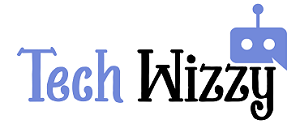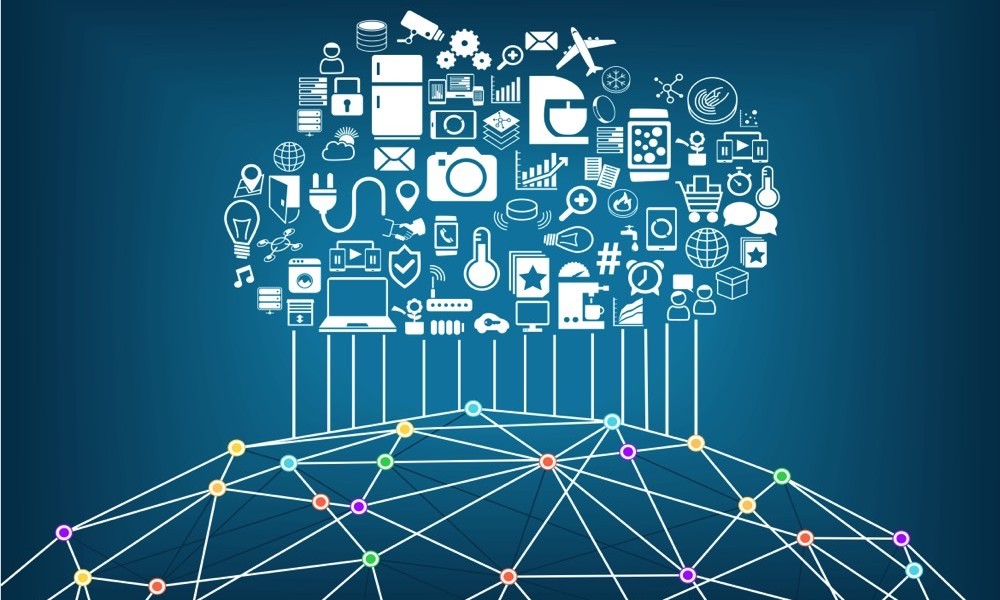In today’s digital world, businesses increasingly rely on technology to improve their efficiency, productivity, and operations. The Internet of Things (IoT) has become essential to many business strategies. IoT solutions are helping companies optimize their processes and gain valuable insights into their operations. IoT platforms are an integral part of this process, providing businesses with the tools they need to harness the power of IoT technology. In this blog, we will explore the advantages of including IoT platforms in your planning process, and how they can help you to achieve your business goals.
Advantages of Including IoT Platforms in Your Planning Process:
Improved Efficiency and Productivity
One of the most significant advantages of IoT platforms is their ability to improve efficiency and productivity. IoT solutions allow businesses to automate their processes and streamline their operations, reducing the need for manual intervention. By integrating IoT platforms into your planning process, you can identify areas of your business that can benefit from automation and optimize your workflows. This can result in significant time and cost savings and improved accuracy and consistency.
Enhanced Data Analytics and Insights
IoT platforms provide businesses with valuable insights into their operations, allowing them to make data-driven decisions and improve their processes. IoT solutions can collect and analyze data from various sources, including sensors, devices, and systems, providing businesses with a comprehensive view of their operations. By using IoT platforms to analyze this data, businesses can identify trends, patterns, and anomalies, enabling them to make informed decisions that can improve their efficiency and effectiveness.
Cost Reduction and Resource Optimization
IoT solutions can help businesses to reduce costs and optimize their resources by identifying inefficiencies and areas of waste. By using IoT platforms to monitor their operations, businesses can identify areas where resources are being underutilized or wasted, enabling them to make adjustments that can reduce costs and improve efficiency. For example, IoT sensors can be used to monitor energy consumption. Businesses can use this data to identify areas where energy is being wasted and make adjustments to reduce their consumption.
Remote Monitoring and Management
IoT platforms allow businesses to monitor and manage their operations remotely, providing them with real-time visibility into their operations from anywhere in the world. This can be particularly beneficial for businesses with multiple locations or remote workers. By using IoT platforms to monitor their operations, businesses can identify and address issues quickly, reducing downtime and minimizing the impact on their operations. Remote monitoring and management can also improve the safety and security of a business by allowing them to track and respond to potential security breaches or hazardous conditions.
Better Customer Experience
IoT solutions can also help businesses to provide a better customer experience by improving the speed and accuracy of their services. For example, businesses can use IoT platforms to monitor customer orders and track delivery times, enabling them to provide real-time customer updates. This can result in improved customer satisfaction and loyalty and a competitive advantage in the marketplace.
Examples of IoT Platforms for Your Planning Process:
Many different IoT platforms are available, each with its own strengths and weaknesses. Here are a few examples of popular IoT platforms:
AWS IoT
Amazon Web Services (AWS) provides an IoT platform that offers a suite of services designed to help businesses build and deploy IoT applications quickly and easily.
Microsoft Azure IoT
Microsoft Azure IoT is a cloud-based platform that provides businesses with tools for device management, data storage, and analytics.
IBM Watson IoT
IBM Watson IoT is a platform that combines IoT data with artificial intelligence (AI) and analytics to provide businesses with valuable insights into their operations.
Google Cloud IoT
Google Cloud IoT is a platform that provides businesses with tools for device management, data storage, and real-time analytics.
Siemens MindSphere
Siemens MindSphere is a cloud-based IoT platform that provides businesses with data analytics, machine learning, and predictive maintenance tools.
How to Choose the Right IoT Platform for Your Business:
Several factors must be considered when choosing an IoT platform for your business. Here are a few key considerations:
Identifying Your Business Needs
Before selecting an IoT platform, it’s important to identify your business needs and goals. Consider what types of data you need to collect, what insights you hope to gain from the data, and what devices you will connect to the platform.
Compatibility with Existing Systems
It’s also important to ensure your IoT platform is compatible with your existing systems and technologies. Consider whether the platform can integrate with your current software and hardware, and whether it can support the types of devices you will be connecting.
Security and Privacy Features
Security and privacy are critical considerations for IoT platforms. Look for platforms that offer robust security features, such as encryption and access controls, and ensure that the platform complies with relevant data privacy regulations.
Scalability and Flexibility
Your IoT platform needs may change as your business grows and evolves. Look for platforms that are scalable and flexible, and that can support your changing business needs over time.
Ease of Use and Integration
Finally, it’s important to choose an IoT platform that is easy to use and integrate into your existing workflows. Look for platforms that offer intuitive interfaces and user-friendly tools, and that can be easily integrated with your existing software and hardware.
Conclusion
Incorporating IoT platforms into your planning process can give your business numerous advantages, including improved efficiency, enhanced data analytics, cost reduction, remote monitoring and management, and better customer experience. When choosing an IoT platform, it’s important to consider your business needs, compatibility with existing systems, security and privacy features, scalability and flexibility, and ease of use and integration. By selecting the right IoT platform for your business, you can unlock the full potential of IoT solutions and gain a competitive advantage in the marketplace.
FAQs:
Q: What types of devices can be connected to an IoT platform?
IoT platforms can connect various devices, including sensors, machines, appliances, vehicles, etc.
Q: How can IoT platforms help businesses save money?
IoT platforms can help businesses save money in several ways, including reducing operational costs through improved efficiency, enabling predictive maintenance to reduce equipment downtime, and reducing waste and energy consumption through better data analytics.
Q: Are there any risks associated with using IoT platforms?
Like any technology, there are potential risks associated with using IoT platforms, such as security breaches or data privacy concerns. It’s important to choose a platform with robust security features and to follow best practices for securing your IoT devices and data.
Q: How can businesses start incorporating IoT platforms into their planning process?
Businesses can start by identifying their business needs and goals, researching available IoT platforms, and conducting a pilot project to test the platform and its capabilities. Working with an experienced IoT consultant or service provider is also helpful in ensuring a successful implementation.









